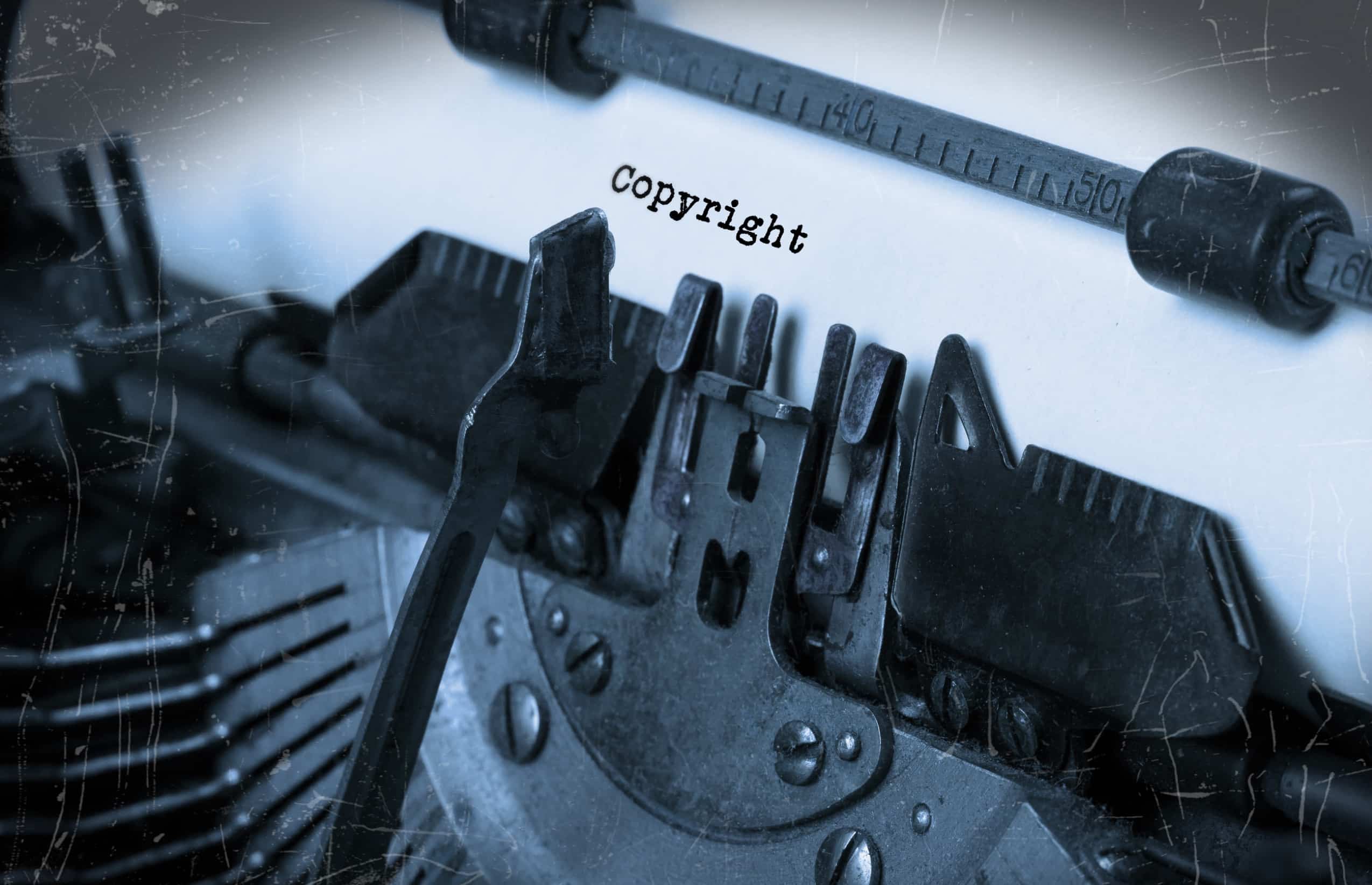Authors and their heirs have the right to terminate copyright grants and licenses for their works after a certain period under specific circumstances. This process, known as “Termination of Transfer,” is outlined in U.S. Copyright law, particularly in Section 203. It allows authors to reclaim their rights by serving a written notice of termination to the grantee and recording a copy with the Copyright Office. This provision aims to protect authors and their heirs from unprofitable agreements, enabling them to benefit from the later economic success of their works by regaining previously granted copyrights during specific periods long after the original grant.
A common scenario involving the transfer and grants of copyright includes record label or publishing agreements where a company is given the exclusive right to commercially exploit master recordings or compositions. Notices of termination can generally be served no earlier than 25 years after the grant, with the termination becoming effective 35 years after the grant. However, if the grant covers the right of publication, the timing may vary.
How to Terminate a Grant Agreement Successfully
To terminate a grant, the author or their heirs must serve a written, signed notice of termination on the relevant grantee and properly record a copy with the Copyright Office. Grants can only be terminated during a specific statutory timeframe and must specify the date that the termination will take effect. The effective date must fall within a five-year “termination period.” Notices must be served no less than two years and no more than ten years before the effective date and must be recorded with the Copyright Office before the effective date.
Typically, a living author can terminate a grant they made. If a grant was made by more than one author on or after January 1, 1978, it can be terminated by a majority of the authors. When the author is deceased, a grant can generally be terminated by a majority interest of the author’s heirs. If there are no heirs, the termination can be executed by the author’s executor, administrator, personal representative, or trustee.
Understanding Grants That Cannot Be Terminated: Legal Exceptions and Rules
Certain types of grants, however, cannot be terminated under these provisions. For example, grants made through a will or involving a work made for hire are exempt from termination. Additionally, if an agreement was signed via a loan-out company and not on behalf of the actual copyright holder, termination of transfer may not apply. Furthermore, there is a limitation on termination concerning derivative works. A derivative work prepared under a grant before its termination may continue to be utilized under the terms of the grant even after its termination.
The provisions for terminating a copyright grant are designed to give authors and their heirs the chance to benefit from the enduring value of their works. This ensures that authors are not permanently bound by early agreements that might not reflect the long-term worth of their creations. By reclaiming their copyrights, authors and their heirs can negotiate new, potentially more favorable terms or exploit the works themselves.
The statutory timeframe for termination is strict and requires precise adherence to procedural requirements. The notice of termination must be served within the specified period and must accurately state the effective date of termination. Failure to comply with these requirements can invalidate the termination, leaving the original grant in place.
For authors or their heirs considering termination of a copyright grant, it is essential to understand the legal intricacies and procedural steps involved. Consulting with legal professionals who specialize in copyright law can provide valuable guidance and ensure that all requirements are met. This careful approach can maximize the chances of successfully reclaiming the rights to their works and securing the financial and creative benefits that come with it.
If you have any questions about your copyrights, grants, licenses or agreements, feel free to reach out for a consultation.
Information provided for educational purposes, not legal advice*








